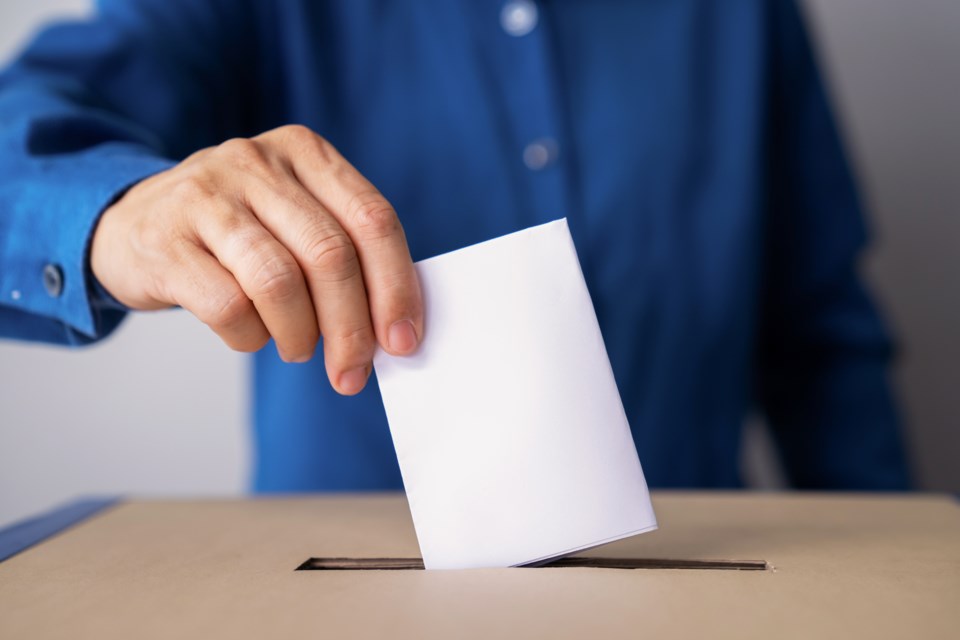B.C.'s Information and Privacy Commissioner has released a code of practice to protect British Columbians' privacy during political campaigns.
Michael McEvoy said the NDP, Liberals and Greens worked together with his office and Elections BC (EBC) to develop the code.
“Their commitment to it will enhance the public’s trust and confidence in our electoral campaign system,” McEvoy said. “The code is one more way of protecting voter privacy and preventing disinformation and deceptive campaigning practices, in addition to the obligations established in B.C.’s privacy and election legislation.”
B.C.’s chief electoral officer Anton Boegman said the code is "especially important given trends we've seen in other jurisdictions.”
“Disinformation and deceptive campaigning practices are growing threats to free and fair elections,” he said.
Boegman said the code creates a path for all electoral process participants to commit to ensuring elections continue to be open, transparent and fair.
Glacier Media reached out to the B.C. Liberals, Greens and NDP.
“The B.C. Liberal Party was happy to participate in the development of the code of practice along with Elections BC, the OIPC, the BC NDP, and the BC Green Party,” said Liberal director of communications David Wasyluk. “Codifying best practices in this manner helps strengthen our democratic system.”
Leader Sonia Furstenau said the B.C. Green Party is grateful for the opportunity to participate in an initiative to strengthen democracy and make elections more fair, safe and respectful of an individual’s privacy.
"It is important that we never take our democracy for granted, and I am heartened by the fact that all three parties could come together in collaboration to make these commitments," she said.
McEvoy’s office said the code’s purpose is to give parties and candidates the opportunity to publicly commit to fair campaigning principles that complement their legal obligations under the Personal Information Protection Act and the Election Act.
Those principles, he said, will ensure fair electoral playing fields.
Signatories to the code commit to the following fair campaigning practices:
- understanding their privacy obligations;
- understanding their campaign finance obligations;
- obtaining meaningful consent from voters on the use of their personal information;
- collecting information directly from individuals where possible;
- disclosing analytical models that predict information about individuals;
- never misrepresenting artificial intelligence as a human being;
- never knowingly engaging in misleading practices;
- never sponsoring or publishing hateful content;
- never obstructing another party or candidate’s campaign, and;
- applying adequate privacy protections.
The code is available in its entirety online.
A code of practice for how political parties handle personal information stems from the Information and Privacy Commissioner's 2019 report Full Disclosure: Political parties, campaign data and voter consent.
The goal was to ensure a common understanding among political participants of what is and what is not allowed by B.C.’s privacy and election legislation, with the aim of increasing public trust in how personal information is handled.
The code is voluntary and not legally binding. While it reflects several existing legislated requirements in the Personal Information Protection Act and the Election Act, McEvoy’s office and EBC will not enforce the code as they do legislated requirements.
Instead, the purpose of the code is to foster fair campaigning principles over and above legislated requirements and to set standards for privacy, best practices and ethical conduct in election campaigns.
Other Canadian and international jurisdictions have similar codes to support fair campaigning and protect personal information in their elections, including Manitoba and the United Kingdom.



